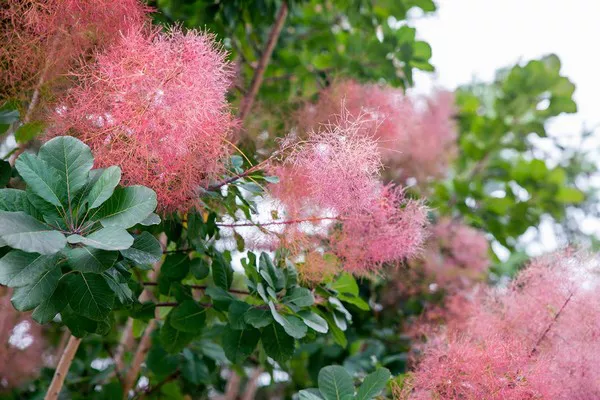Researchers at the University of Newcastle in Australia are pioneering efforts to develop plants that not only tolerate seawater but flourish in it, potentially transforming agriculture in arid regions.
The initiative, spearheaded by Dr. Vanessa Melino and her team, focuses on the genus Salicornia, renowned for its salt-resistant properties and medicinal potential. According to Phys.org, the project aims to harness these traits to cultivate new plant breeds capable of thriving in saline environments.
The global impact of soil salinity on agricultural land, estimated to affect up to 30% of arable land, underscores the urgency of such research. By leveraging modern genomic and genetic tools, the researchers aim to expedite the domestication process of salt-resistant plants. Dr. Melino highlighted, “With modern breeding techniques, we can selectively introduce traits that enhance crop resilience to salinity.”
The implications are significant, offering a potential lifeline to farmers in drought-prone regions by diversifying food production options. The research not only seeks to mitigate the challenges posed by salinity but also promises to enhance agricultural productivity in otherwise hostile environments.
The ongoing studies underscore Australia’s leadership in agricultural innovation, poised to address critical global challenges through groundbreaking research and practical solutions. As efforts continue to evolve, the prospect of cultivating crops with seawater could mark a pivotal advancement in sustainable agriculture worldwide.


